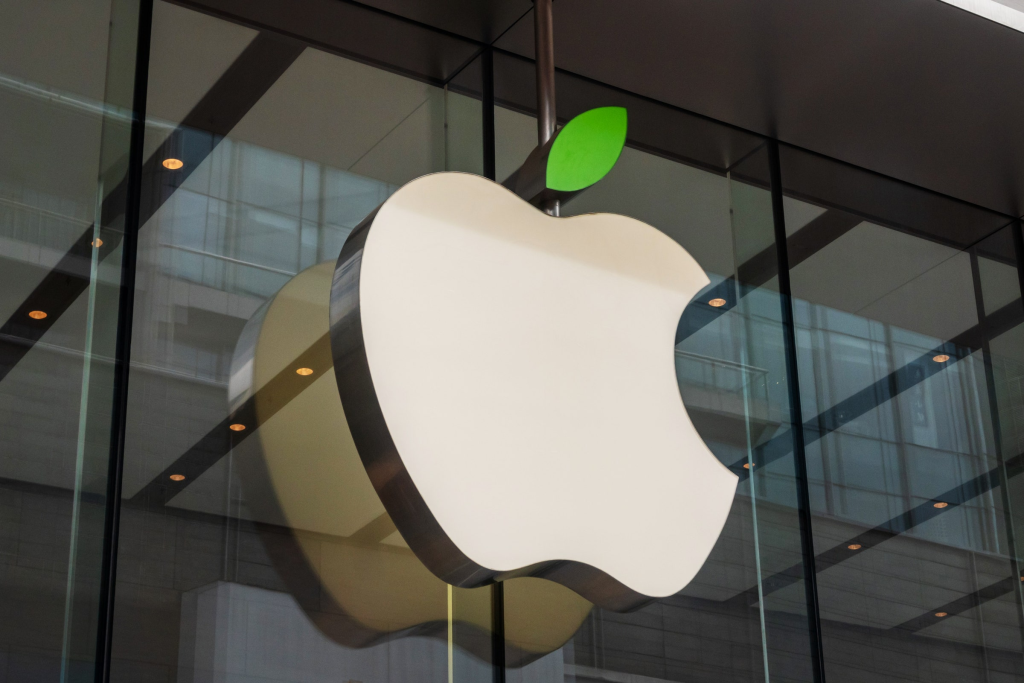Apple’s App Store rules breach EU tech rules because they prevent app developers from steering consumers to alternative offers, EU antitrust regulators said on Monday, a charge that could result in a hefty fine for the iPhone maker.
The European Commission, which also acts as the European Union’s antitrust and technology regulator, said it had sent its preliminary findings to Apple following an investigation launched in March.
The charge against Apple is the first by the Commission under its landmark Digital Markets Act which seeks to rein in the power of Big Tech and ensure a level playing field for smaller rivals. It has until March next year to issue a final decision.
EU antitrust chief Margrethe Vestager cited issues with Apple’s new terms.
“As they stand, we think that these new terms do not allow app developers to communicate freely with their end users, and to conclude contracts with them,” she told a conference.
The Commission said under most of the business terms, Apple allows steering only through ‘link-outs’, meaning that app developers can include a link in their app that redirects the customer to a web page where the customer can conclude a contract.
It also criticised the fees charged by Apple for facilitating via the App Store the initial acquisition of a new customer by developers, saying they went beyond what was strictly necessary for such remuneration.
Apple said it had made a number of changes in the past several months to comply with the DMA after getting feedback from developers and the Commission.
“We are confident our plan complies with the law, and estimate more than 99% of developers would pay the same or less in fees to Apple under the new business terms we created,” the company said in an email.
The EU executive said it was also opening an investigation into the iPhone maker over its new contractual requirements for third-party app developers and app stores and whether these were necessary and proportionate.
DMA breaches can cost companies fines as much as 10% of their global annual turnover.



